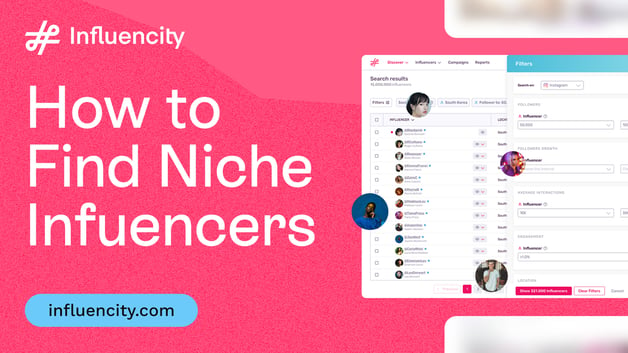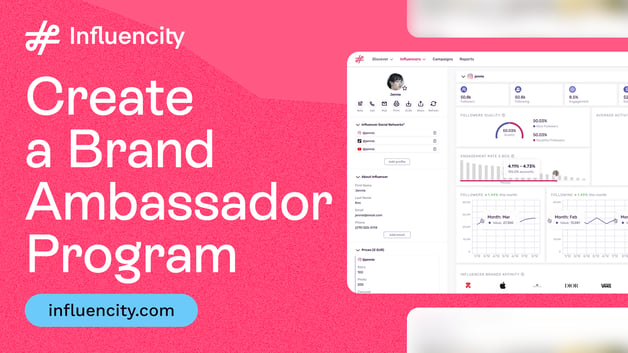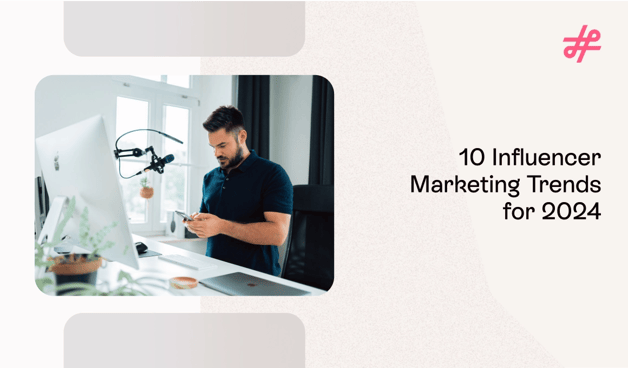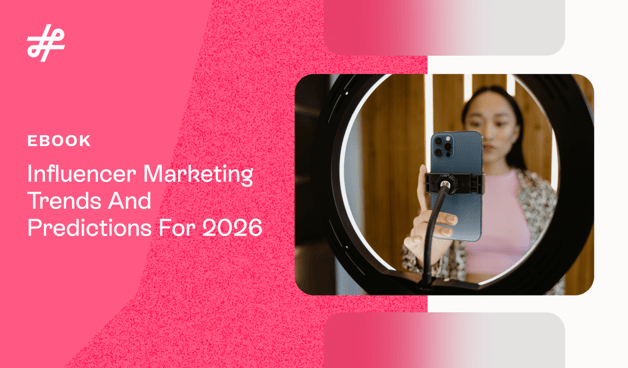The Future of Influencer Marketing: Leveraging AI for Enhanced Campaigns
The future of influencer marketing looks bright. The industry is growing rapidly, and there are a number of trends that are shaping its trajectory, most notably, the impact of AI on influencer marketing. Brands that are able to adapt to these trends and partner with the right influencers will be well positioned to succeed in the years to come.
This article explores the future of influencer marketing and how you can leverage artificial intelligence (AI) to enhance your campaigns. Specifically, we will focus on the potential benefits and advancements that AI can bring to your influencer marketing strategies.
What Is the Future of Influencer Marketing?
Influencer marketing has been around for some time now. From its humble beginnings in the early days of social media, the industry has experienced significant growth and transformation.
Initially, IM started with brands partnering with popular bloggers and vloggers to promote their products or services. These early influencers had a small but loyal following, and their authentic and relatable content resonated with their audiences.
As social media platforms expanded, so did the opportunities for influencers. Platforms like Instagram, YouTube, and TikTok emerged as powerful channels for influencers to reach a wider audience and showcase their creativity. As a result, the industry is now worth an estimated 21.1 billion U.S. dollars, and the future of influencer marketing is expected to continue evolving and adapting to changes in technology, consumer behavior, and industry trends.
Here are some of the key trends to watch out for:
- Growth of social commerce: Social commerce is the use of social media platforms to sell products and services directly to consumers. This trend is likely to continue to grow in the future as more and more consumers turn to social media for their shopping needs. Influencers can play a key role in social commerce by promoting products and services to their followers and driving sales.
- Increased focus on authenticity: Consumers are becoming savvy about influencer marketing, and they will become increasingly trusting of brands that partner with authentic influencers.
- The rise of micro-influencers: Micro-influencers, those with 10,000 to 100,000 followers, are becoming increasingly popular as brands look for more authentic and engaged partnerships.
- Perhaps most notably, AI and machine learning are being used to enhance various aspects of influencer marketing. As a result, this technology will play a significant role in shaping the future of influencer marketing.
How Can AI Improve Influencer Marketing?
So, in terms of AI and influencer marketing, what changes can we expect to see, and how can businesses harness the potential of this technology to enhance their influencer marketing campaigns?
Let’s explore….
Influencer Discovery
Influencer marketing automation software is set to revolutionize the industry and play a pivotal role in streamlining and optimizing influencer campaigns.
One of the biggest benefits of this software is its ability to optimize the influencer discovery process. AI-powered algorithms can analyze vast amounts of data, including social media posts, engagement rates, audience demographics, and content preferences, to identify relevant influencers for specific campaigns. This level of automation not only saves time, but it also ensures that brands are able to find the best-suited influencers for their target audience.
Audience Analysis
AI can analyze audience data to provide insights into the demographics, interests, and behaviors of an influencer's followers. This information helps brands understand the influencer's reach and whether their audience aligns with their target market. Brands can then use these data-driven insights to make informed decisions about their influencer partnerships.
Content Optimization
AI can help brands optimize their influencer marketing content by analyzing past performance and engagement data. By identifying patterns and preferences, AI algorithms can suggest content formats, topics, and styles that are likely to resonate with the targeted audience. This helps brands create more engaging, effective, and inspirational influencer marketing content that aligns with their campaign objectives.
Performance Measurement
Data is becoming increasingly important in influencer marketing as brands need to be able to track the performance of their campaigns and measure the ROI of their influencer marketing efforts.
AI-powered influencer marketing analytics tools are becoming essential for this. By tracking metrics such as reach, engagement, conversions, and ROI, brands can evaluate the success of their collaborations and optimize their future strategies. Not only that, but AI can provide real-time data and actionable insights, enabling brands to make data-driven adjustments to their influencer marketing campaigns whilst they are still live.
Personalized Recommendations
AI can leverage user data and behavior to provide personalized recommendations for influencers and products. By understanding an individual's preferences and interests, AI algorithms can suggest relevant influencers and products that align with the user's taste. This personalization enhances the user experience and increases the chances of successful influencer collaborations.
Fraud Detection
Influencer fraud, such as the purchase of fake followers and engagement, is a growing concern in the industry. AI tools such as Influencity’s Audience Quality Score can analyze engagement patterns, follower growth rates, and other metrics to detect suspicious activities and identify influencers with a genuine and engaged audience. This helps brands avoid collaborations with influencers who may rely on inflated metrics and ensures influencer marketing transparency.
As you can see, the future of influencer marketing is full of potential. By leveraging these AI technologies, brands can optimize their influencer marketing strategies, drive better results, deliver more targeted and engaging content, and position themselves for success in the years to come.
Tags:






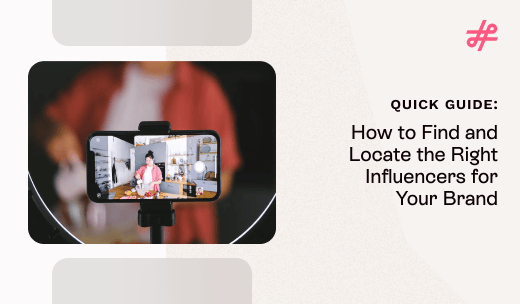


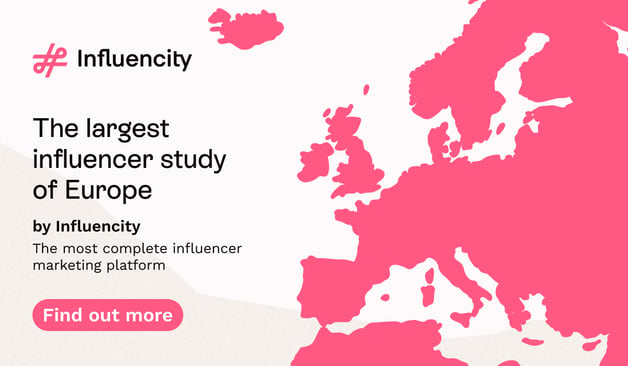

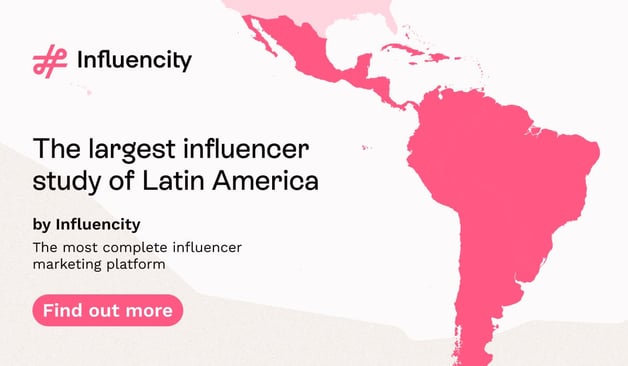


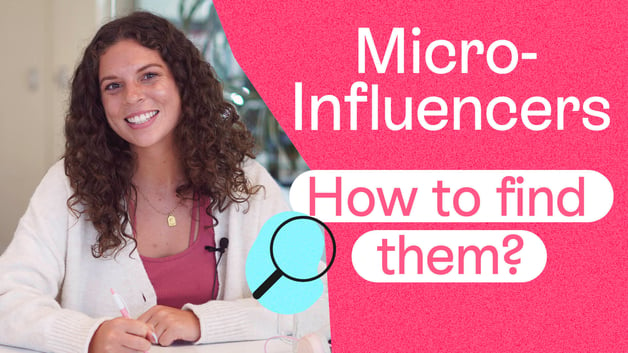


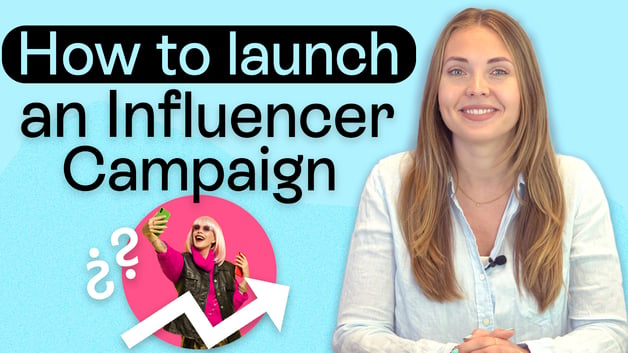

%20and%20How%20Can%20They%20Benefit%20Your%20Brand%20article.jpg?length=628&name=What%20Are%20Key%20Opinion%20Leaders%20(KOL)%20and%20How%20Can%20They%20Benefit%20Your%20Brand%20article.jpg)
